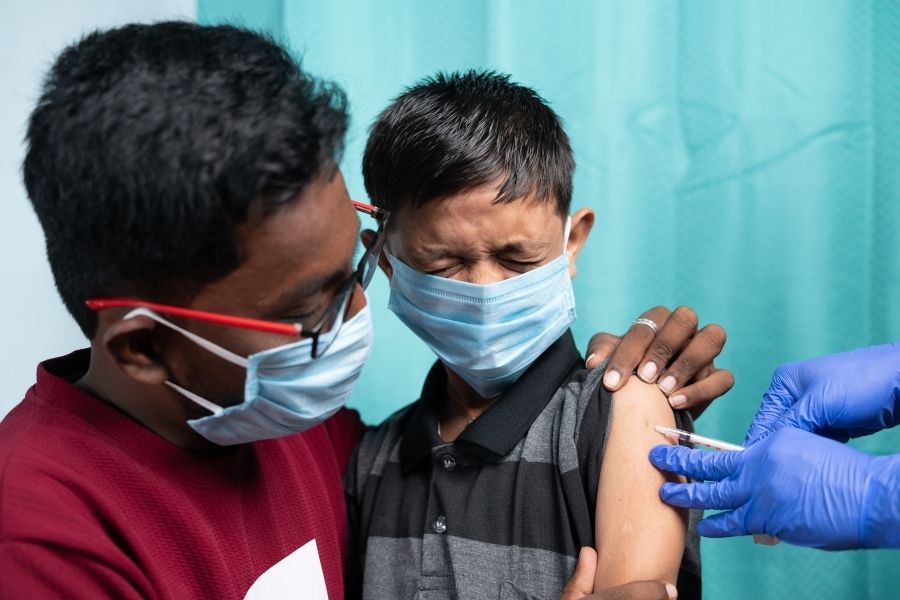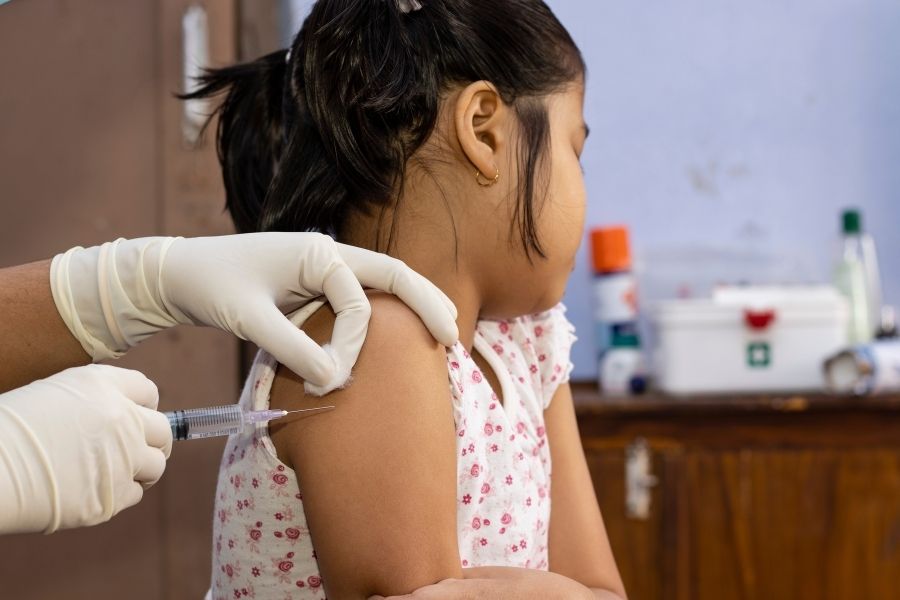Former Zoho Corporation CEO Sridhar Vembu has sparked criticism and debate after posting on X that young children are being given “too many vaccines”. He reshared a post by the McCullough Foundation suggesting a possible link between vaccination and autism. Health experts across India have dismissed his remarks, calling them baseless and dangerous, and warning that such misinformation could undo decades of progress in public health.
Vaccines, doctors emphasise, are one of the greatest achievements of modern medicine. They have helped eradicate or control deadly diseases like measles, polio and diphtheria.
“Vaccines remain one of the most powerful and evidence-backed tools in public health, saving millions of lives every year,” said Suranjit Chatterjee, senior consultant, Internal Medicine, Indraprastha Apollo Hospitals, New Delhi. “The notion that vaccination causes autism has been thoroughly investigated and conclusively disproven by multiple large-scale studies conducted over the past two decades. Autism is a complex neurodevelopmental condition influenced by a combination of genetic and environmental factors, not by immunisation.”
He added that vaccine hesitancy, fuelled by false claims, could roll back decades of gains in preventing diseases such as measles, mumps and polio. “It’s important that we keep making medical choices based on scientific consensus and not on conspiracy or hearsay,” Chatterjee said.
Shubhadeep Das, senior consultant and clinical lead, Pediatric Cardiac ICU and Paediatrics, Narayana Hospital, Howrah, agreed. “Vaccines protect us from infections by helping the body develop antibodies without having to suffer from the disease itself,” he explained. “Thanks to vaccination, under-five and infant mortality have dropped drastically. There is no scientifically proven link between autism and vaccination. Such claims with no scientific basis cast doubt in the minds of the general population, which can lead to a fall in vaccination rates and the return of life-threatening diseases.”
Experts say the myth linking vaccines to autism can be traced back to a discredited study from the late 1990s that was later retracted for falsified data. Yet, it continues to resurface in misinformation cycles, often amplified by influential figures or social media.
Lalita Kanojiya, additional director of Paediatrics at CK Birla Hospitals, Jaipur, said, “There is always speculation about the causes of autism, but no single cause has been identified. Vaccination has never been proven to cause autism. Fear and misinformation can make parents avoid vaccinating their children, putting not just their own kids but the whole community at risk.”
While some social media posts claim that new studies have linked vaccination to autism, doctors clarified that these papers are not peer-reviewed and often come from sources already discredited for spreading misinformation.
Janaki Ballava Pradhan, senior consultant – Paediatrics, Manipal Hospital, Bhubaneshwar, said parents’ concerns often arise from love and care, but they should rely on credible medical guidance. “Decades of scientific research globally have led us to one unambiguous fact – vaccines do not cause autism,” he said. “Autism is a complex condition that develops due to genetic and developmental factors, not vaccines. The early signs of autism often appear around the same age that children receive vaccines like MMR, which creates confusion. But millions of studies have proven there is no link.”

vaccine hesitancy, fuelled by false claims, could roll back decades of gains in preventing diseases such as measles, mumps and polio, experts say Shutterstock
He added that vaccination prevents serious illnesses like measles, rubella and whooping cough that once claimed countless young lives. “It’s normal for parents to be concerned, but they should have open, informed conversations with their doctors. Vaccination is one of the safest and most effective ways to protect children and build healthier communities,” Pradhan said.
Deboshila Bose, counselling psychologist at Fortis Hospital, Anandapur, added that while autism research explores multiple causes, vaccination is not the key factor. “The research identifies several factors related to autism such as genetics and premature birth. Vaccination should not be feared. Parents must discuss doubts with doctors instead of panicking,” she said.
Public health experts say influential figures must act responsibly and knowledgeably when commenting on medical issues. As doctors point out, reckless statements can spread unnecessary fear, risking children’s health and the collective safety of society. The medical community’s message is clear: vaccines save lives — misinformation can cost them.
